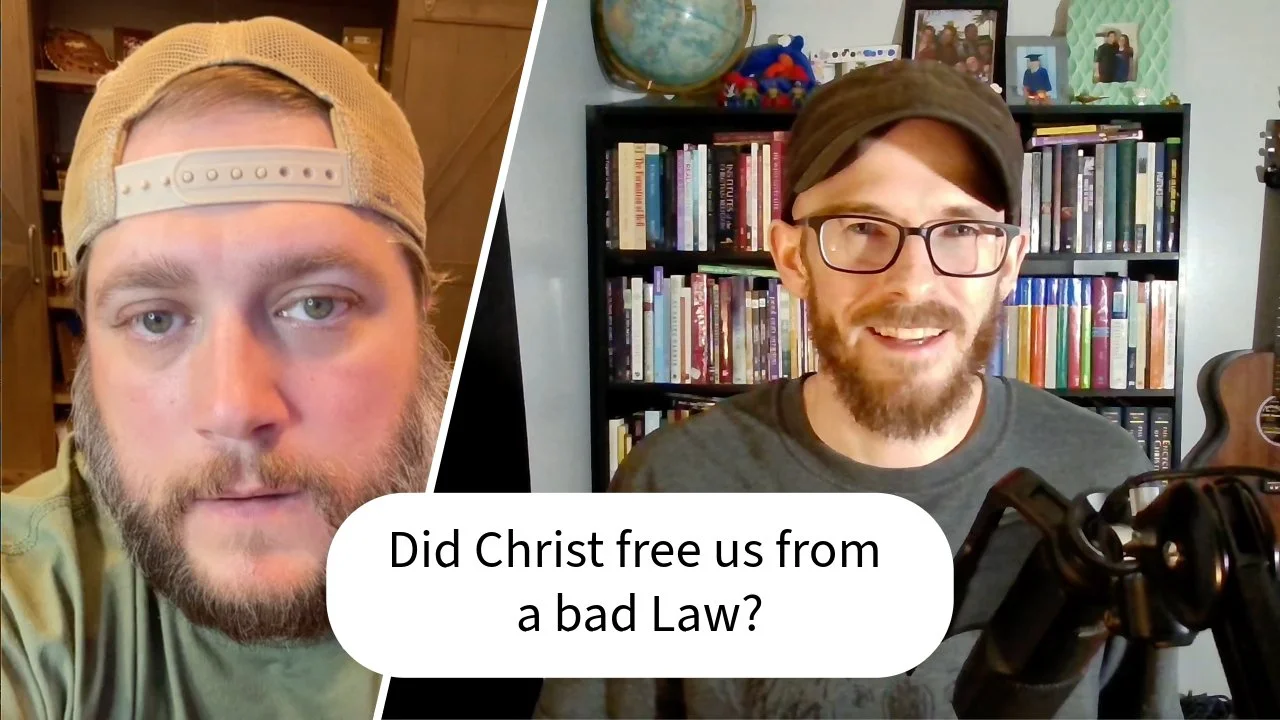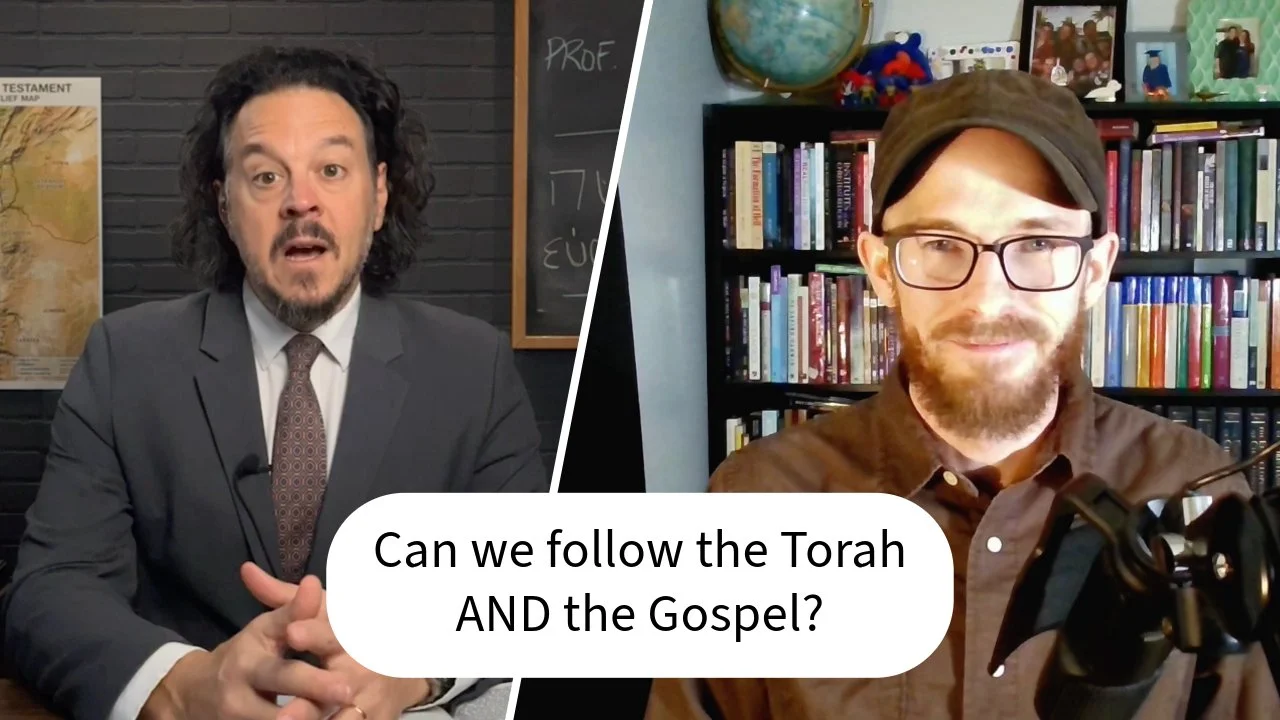Addressing Michael Kelley's extreme antinomian assertions
The Law of Moses, the Gospel, and Antinomianism: A Response to R. L. Solberg
R. L. Solberg, an outspoken critic of Pronomian (pro-Law) theology, made a video where he argued that we cannot follow the Gospel of Jesus and the Law of Moses at the same time. I responded to that video and demonstrated why none of Solberg’s arguments prove his case. Solberg didn’t like my video and made another video objecting to my critiques. This video is my response to his response.
Can we follow the Gospel of Jesus AND the Law of Moses at the same time?
The Divine Son: Exploring the Messiah's Deity in Hebrews 1
Is the Messiah God? The first chapter of Hebrews presents compelling evidence that he is. In this chapter, the author highlights the Son’s role as the creator and sustainer of the universe, emphasizes the Son’s divine essence, proclaims that the Son is worthy of the worship that belongs only to God, and explicitly identifies the Son as “God” and “Lord/YHWH.” In order to demonstrate each of these points, this video conducts a detailed exegesis of Hebrews 1 and answers objections from unitarians.






